More #Canadians are signing up to serve in the military, The Canadian Armed Forces are seeing a surge of recruits graduating from basic training at the Leadership and Recruit school in St-Jean-Sur-Richelieu, Quebec.
This marks a sea change after years of missing targets and grappling with how to get more Canadians signed up to serve. Five platoons recently took part in the parade marking graduation after eight weeks of instructors putting 204 would-be soldiers, sailors, aviators and new officers through their paces.
“This year, we put on 7,600 basic training seats, which is the most we’ve ever run,” says Commandant Marc Kieley. “This is the most we have ever run in the post-Cold War history of the Canadian Forces.”
Twenty-two-year-old Private Erica Jerome-Valdez was among recruits from across the country marching in the parade attended by hundreds of family members and friends.
“I think the Canadian Forces worked really hard to improve their image and also diversity,” says Jerome-Valdez. “I think it has become a more welcoming environment for different people.”
Despite efforts to address sexual misconduct in the armed forces, only 18 per cent of applicants are women. But overall, changes made in recent years are helping beef up military ranks, including the Ottawa putting more money on the table.
In August, Prime Minister Mark Carney announced pay raises retroactive to April 1, 2025, including a 20 per cent wage increase for privates in the Regular Force. A new Military Service Pay benefit and additional compensative initiatives were also added.
“Every member of the CAF works really hard,” says Jerome-Valdez. “I think it’s fair that we are getting that improvement in conditions and salary. I think that is also helping to bring more people in.”
The recruitment process was also streamlined.
In October, an Auditor General’s report looking at recruitment from 2022 to 2025 concluded the military did not bring in enough applicants to meet its operational need. There is still a gap, but it is starting to close.
“There is a common misconception that most people joining are between the ages of 18 and 22,” says Captain David White and instructor at the Canadian Forces Leadership and Recruit School. “We do skew towards a younger side, however a lot of candidates that we see coming through are in their late 20’s, late 30’s, and even in their 40’s.”
Geopolitical tensions have drawn attention to securing Canada’s sovereignty, including a focus on defending the North. The federal government is also planning a major cash infusion into the military over the next four years. That has contributed to boosting numbers but also changing the face of just who is signing up.
Traditionally, most recruits hailed from military families.
Private Logan McMackin from New Brunswick, for instance, followed in his grandfather Thomas McMackin’s footsteps. He served in the Second World War.
“My middle name is Thomas too,” he says. “I really looked up to him. My dad always told me stories about him and how strong he was and cool. It is super inspiring to chase that kind of life, and a disciplined lifestyle.”
But many other recruits now have no military ties.
“It’s wonderful to have second and third and fourth generation CAF members,” says Kieley. “But having Canadians and new Canadians with no family history of the military suddenly showing up in greater numbers, saying they know there is a need to defend the country, is great. They know there is a need to support Canadian security and the security of our values. They are coming in as the very first person in their family or friend group to serve. It is a definite change.”
The Leadership and Recruit’s school mission now is to continue the trend.


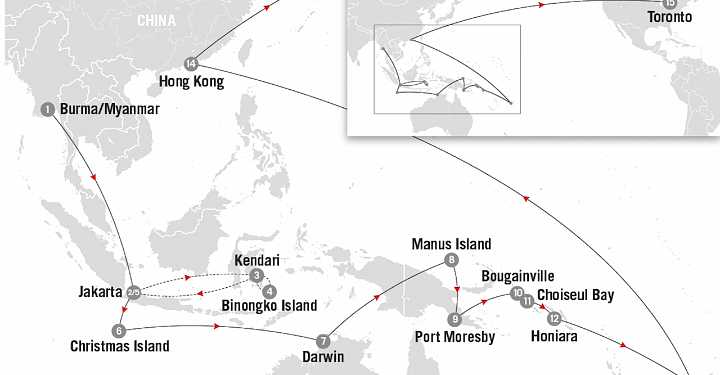


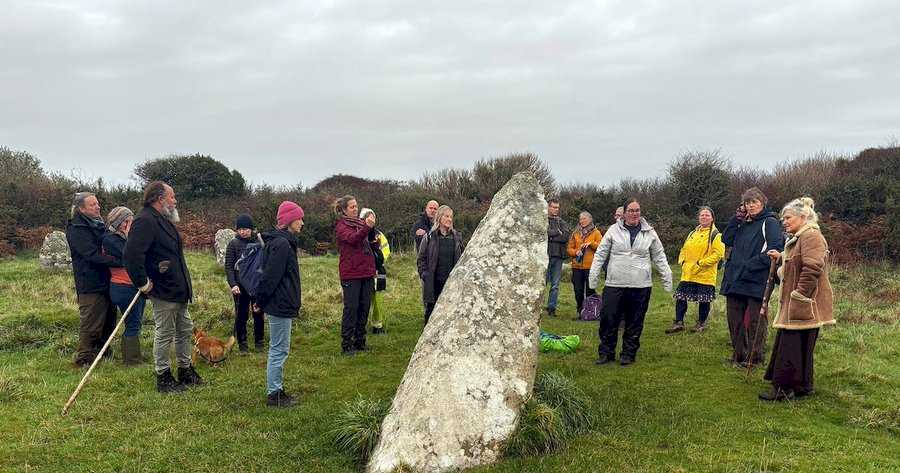
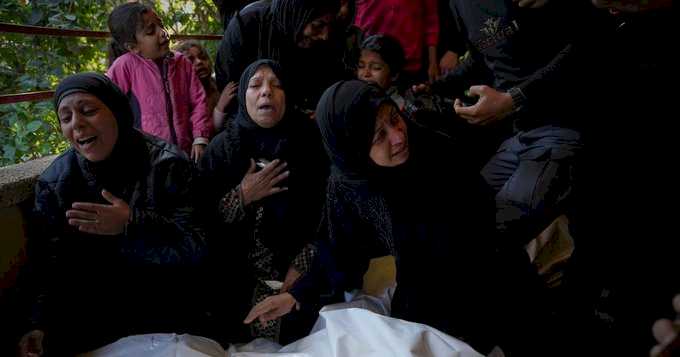

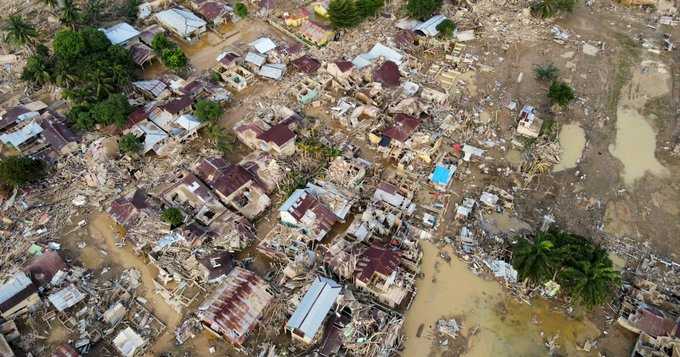

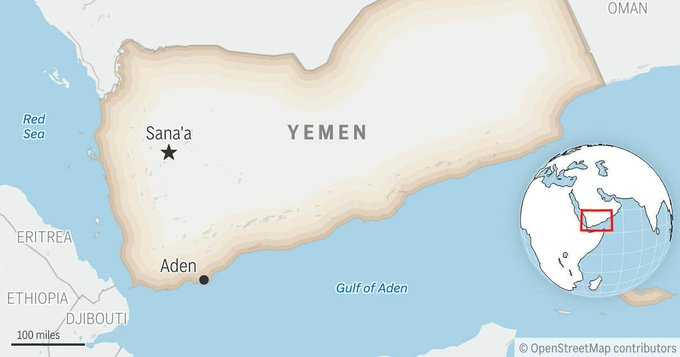
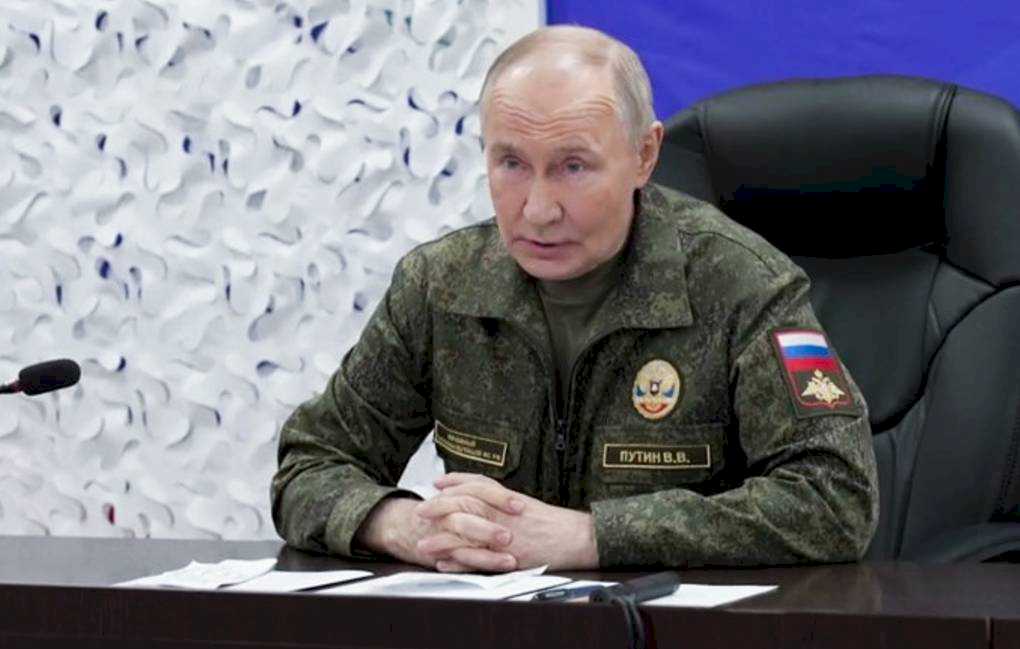



Global News on Umojja.com